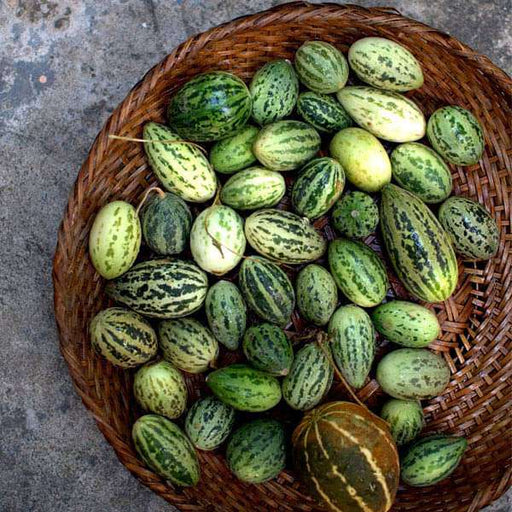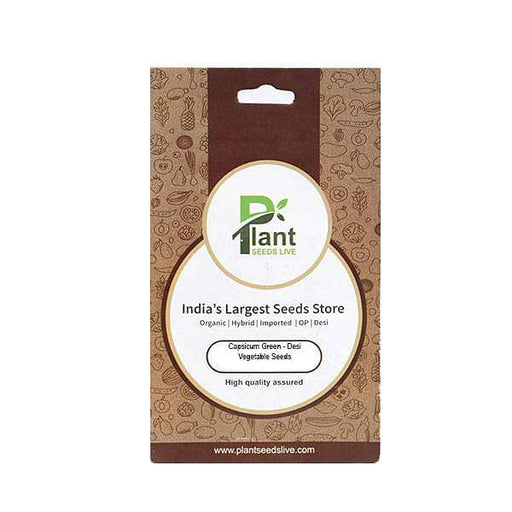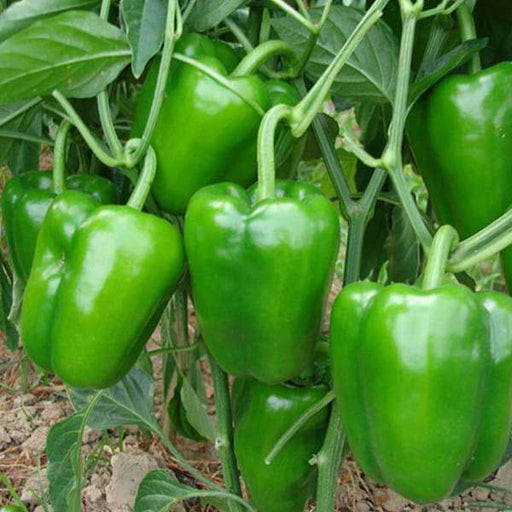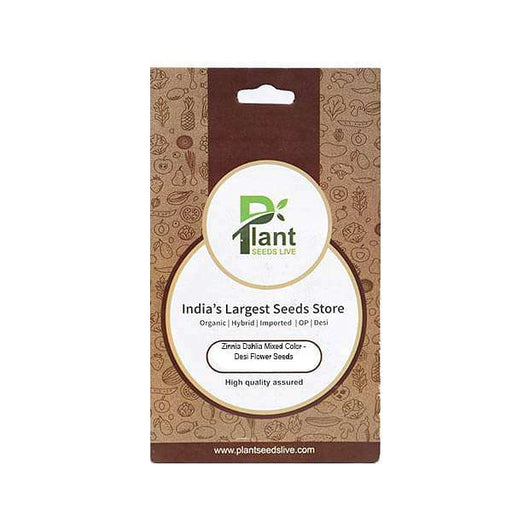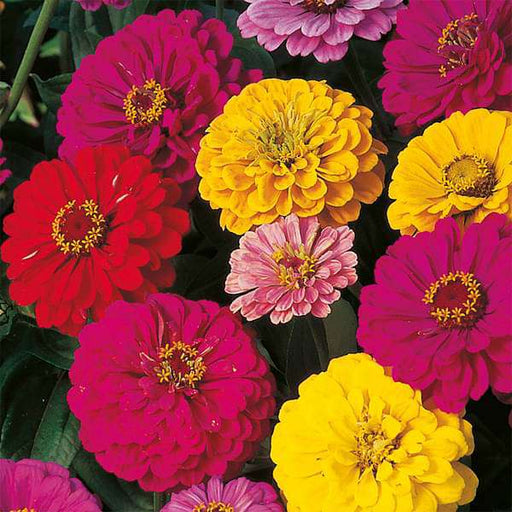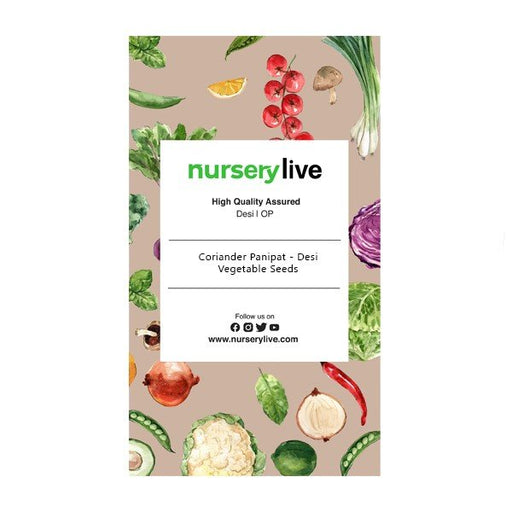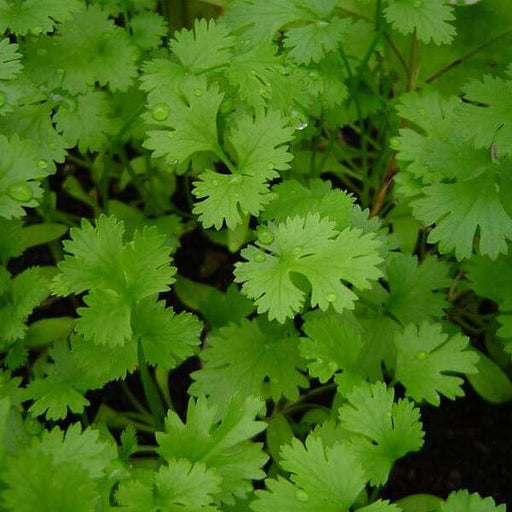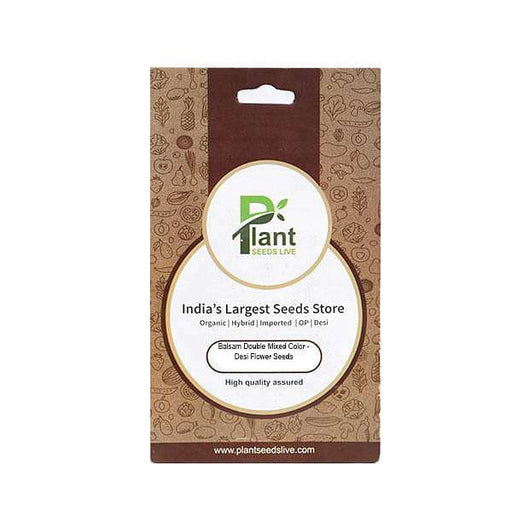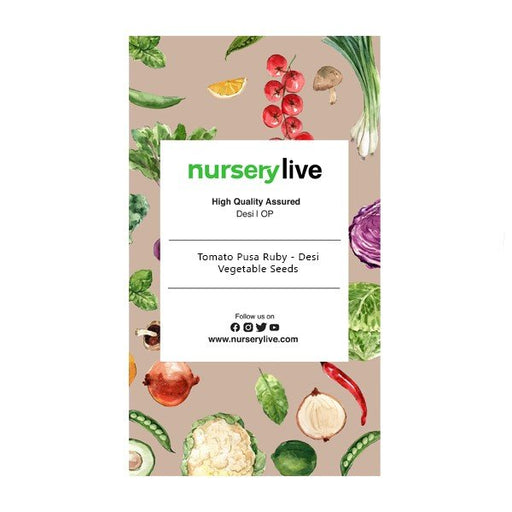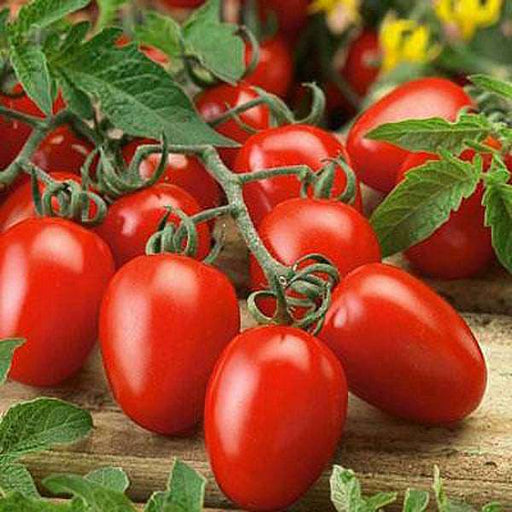Winter sowing techniques
Winter sowing is a gardening technique that involves sowing seeds outdoors in winter. It is a great way to get a head start on growing plants, and it is especially useful for cold-tolerant fruit seeds.
Cold-hardy fruit seeds
Cold-hardy fruit seeds are varieties that can tolerate colder temperatures and even frost. These seeds are ideal for winter sowing and can be planted directly into the ground in the fall or winter.
Winter sowing containers
Winter sowing containers are specially designed containers that allow gardeners to start seeds outdoors in the winter. These containers are typically made of clear plastic and have a lid to protect the seeds from harsh weather conditions.
Fruits that can be grown in winter
While most fruits require warm weather to grow, there are a few that can be grown in cooler temperatures. Some examples include apples, pears, and cherries.
Winter fruit tree care
If you have fruit trees in your garden, it is important to take care of them during the winter months. This may involve pruning, protecting the trees from frost, and applying fertilizer.
Seed stratification
Seed stratification is a technique used to simulate the natural conditions that a seed would experience in the wild. This can be useful for winter sowing fruit seeds that require a period of cold dormancy before they will germinate.
Fruit seed varieties
There are many different varieties of fruit seeds available, each with its own unique characteristics. Some popular varieties for winter sowing include apple, pear, peach, and cherry.
Winter sowing tips
Winter sowing can be a bit tricky, so it is important to follow some basic tips to ensure success. These tips may include choosing the right seeds, using the right containers, and protecting the seeds from animals.
Winter fruit tree pruning
Pruning fruit trees in the winter can help promote healthy growth and improve fruit production. It is important to prune trees properly and at the right time to avoid damaging the tree.
Frost protection for fruit trees
Frost can be a major problem for fruit trees in the winter. Gardeners may use various methods to protect their trees from frost, such as covering them with blankets or using a sprinkler system.
Fruit seed starting
Starting fruit seeds can be a great way to get a head start on your garden. It is important to choose the right seeds and provide them with the proper growing conditions.
Winter gardening
Winter gardening can be a challenging but rewarding activity. By choosing the right plants and using the right techniques, you can have a thriving garden even in the coldest months.
Winter greenhouse gardening
Greenhouses can provide a warm and protected environment for growing plants in the winter. This can be especially useful for growing fruit seeds that require warmer temperatures.
Indoor fruit growing
If you don't have access to an outdoor garden, you can still grow fruit indoors. This may involve using grow lights, choosing the right containers, and providing the plants with the proper nutrients.
Seed starting mix
The right seed starting mix is crucial for the success of your winter sowing project. It should be light, well-draining, and rich in nutrients.
Winter fruit tree pests
Just like any other plant, fruit trees can be susceptible to pests and diseases. It is important to identify and treat any problems early to prevent damage to the tree and its fruit.
Winter fruit tree fertilization
Fertilizing fruit trees in the winter can help promote healthy growth and fruit production. It is important to choose the right fertilizer and apply it at the right time.
Winter sowing containers
When it comes to winter sowing, choosing the right containers can make a big difference in the success of your seeds. We offer a range of containers that are ideal for winter sowing, including plastic jugs, milk cartons, and more.
Winter sowing tips
Winter sowing can seem intimidating at first, but with the right preparation and a few simple tips, anyone can do it. Our experts have put together some useful tips to help you get started with winter sowing fruit seeds.
Winter sowing schedule
Knowing when to start winter sowing your fruit seeds is key to success. Our winter sowing schedule takes into account your local climate and offers recommendations on the best time to start sowing different types of fruit seeds.


